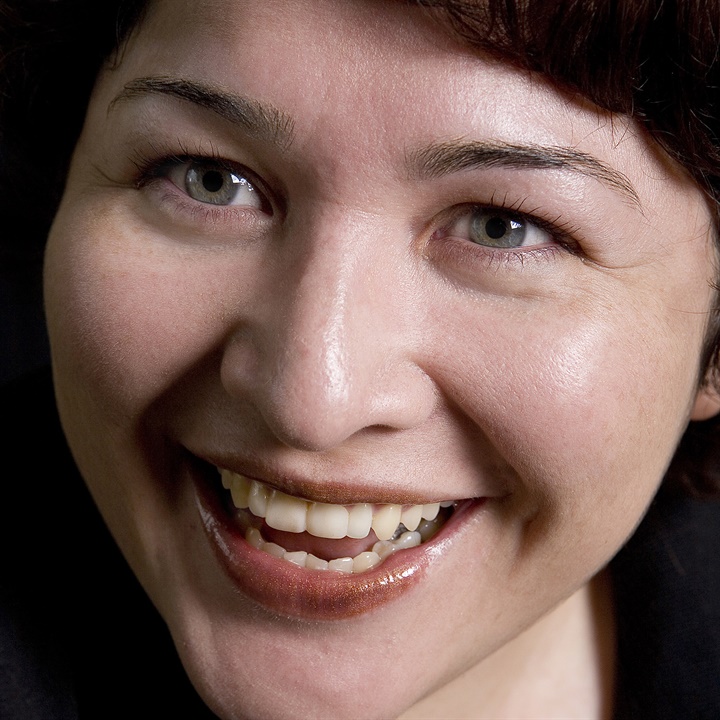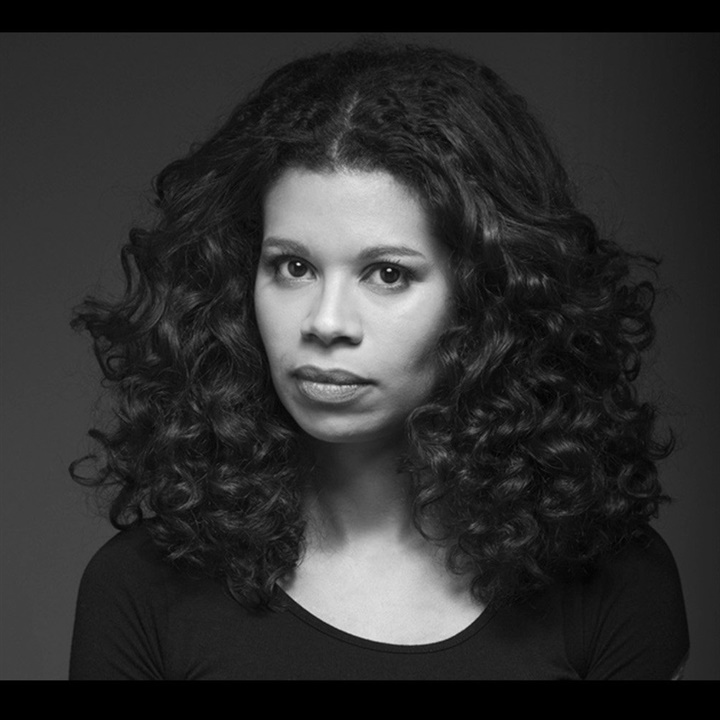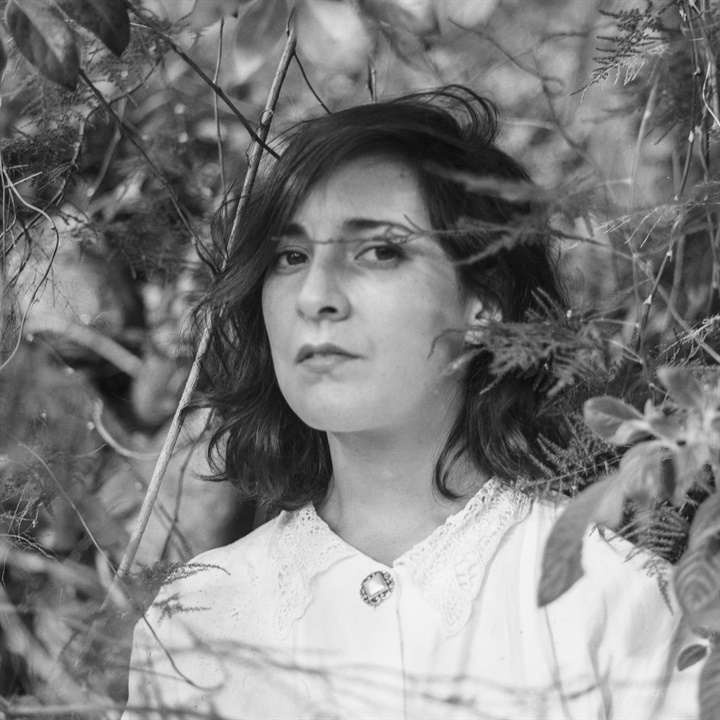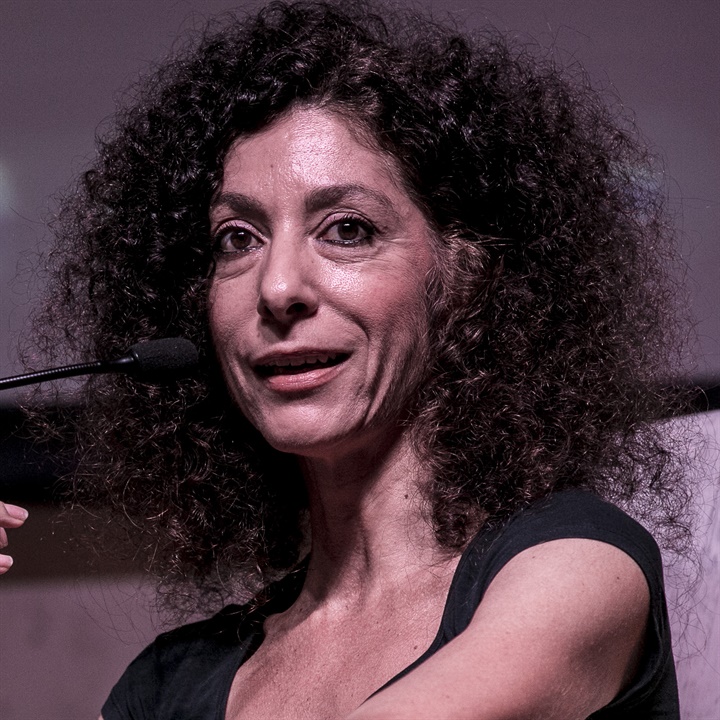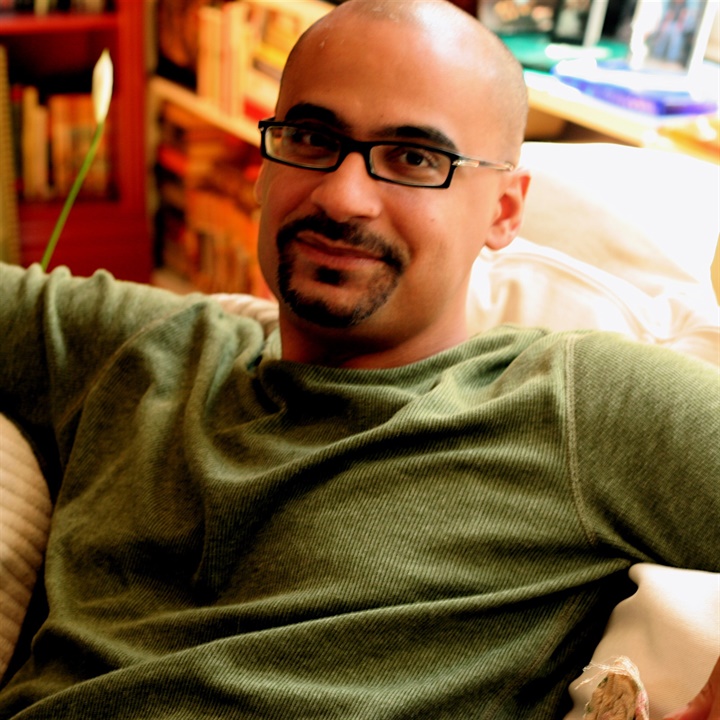Shared truths - Hay Festival & ICTJ
Ten authors contribute to an anthology of texts, Verdades compartidas ('Shared Truths'), about the Colombian peace process, delving into the testimonies, impact, and context of a unique historical moment, inspired by the Truth Commission's own report. This anthology presents an interpretation from the perspective of writers from different countries, aiming to unravel recent history through narratives, sharing with readers and prompting reflection. Simultaneously, it provides space for the diverse experiences of the protagonists, conveying different points of view, experiences, and solutions that collectively enable peace, memory, and societal learning to prevent conflicts like the Colombian one from happening again. Verdades compartidas is a project of the Hay Festival and the International Center for Transitional Justice, published by Planeta.
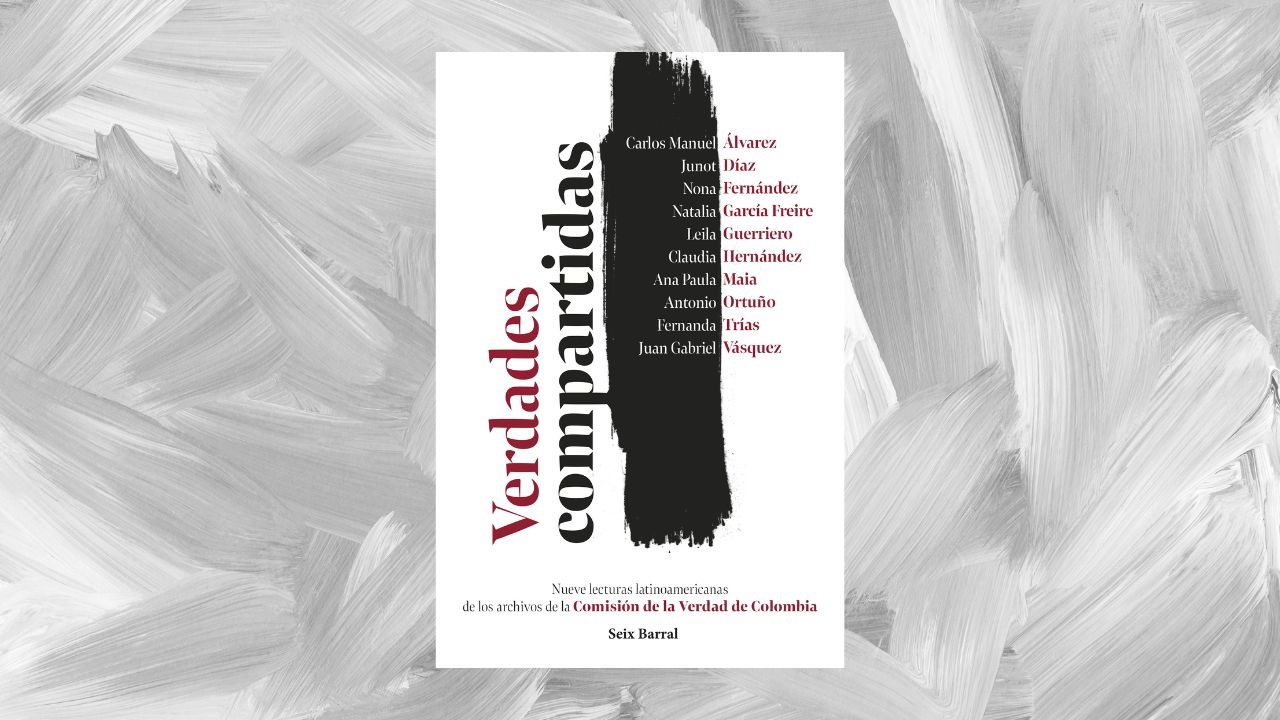
Colombia: Juan Gabriel Vásquez (introduction)
Juan Gabriel Vásquez (Bogotá, 1973) is the author of the two books of short stories Los amantes de Todos los Santos and Canciones para el incendio (Biblioteca de Narrativa Colombiana Prize), and six novels: The Informers, The Secret History of Costaguana, El ruido de las cosas al caer (The Sound of Things Falling) (Alfaguara 2011, Grego von Rezzori-Città di Firenze Prize 2013, IMPAC International Dublin Literary Award 2014), Reputations (Royal Spanish Academy Prize 2014, Casa de Amèrica Latina de Lisboa Priza 2016), The Shape of Ruins (Casino de Póvoa Prize and finalist for the Man Booker International Prize) and Retrospective (Mario Vargas Llosa Biennal Prize). He has also published two books of literary essays, El arte de la distorsión and Viajes con un mapa blanco, a collection of political articles, Los desacuerdos de paz, and a collection of poems, Cuaderno de septiembre. In 2012 he received the Prix Roger Caillois and has twice won the Simón Bolívar National Journalism Prize. He has translated works by Joseph Conrad and Victor Hugo into Spanish. His books are currently published in 30 languages.Uruguay: Fernanda Trías
Fernanda Trías (Uruguay, 1976) is a writer, translator and lecturer in literary creation. She has published the novels Cuaderno para un solo ojo, La azotea, La ciudad invencible and Mugre rosa, and the short story collection No soñarás flores. She studied her Master’s in Creative Writing at the University of New York. Her books have been published in Bolivia, Chile, Colombia, Spain, France, Mexico and Uruguay, and will soon also be available in Argentina, Greece, the UK and the USA. Her work has been included in anthologies of new Latin American fiction and stories of hers have been translated into German, English, Hebrew, Italian, French and Portuguese. She received a UNESCO-Aschberg fellowship (France, 2004), the BankBoston Foundation Prize for National Culture (Uruguay, 2016) and the SEGIB-Eñe-Casa de Velázquez Prize for Mugre rosa (Spain, 2017). She currently lives in Bogota and is a lecturer and writer-in-residence at the University of the Andes.
El Salvador: Claudia Hernández
Graduated in Communications at the Universidad Centroamericana José Simeón Cañas, where she also studied Law. She has published Otras ciudades, Mediodía de frontera, Olvida Uno. She was awarded the Juan Rulfo de Radio Francia International Prize, in the story category, becoming the first writer from Central America to win it. In 2004 she won the prestigious Anne Seghers Prize, in Germany, for a published work. She has been anthologised in Spain, Italy, France, the US and Germany.Cuba: Carlos Manuel Álvarez
A Journalism graduate from the University of Havana. In 2013 he won the Calendario Prize for the short story collection La tarde de los sucesos definitivos (Abril, 2014; Criatura, 2015). In 2015 he won the Nuevas Plumas Ibero-American Fiction Prize. In 2016 he founded El Estornudo, an independent Cuban magazine of literary journalism. That same year, the Ochenteros programme, run by the Guadalajara International Book Fair, recognized him as one of twenty Latin American authors born in the 1980s to look out for. He has published regularly with media and publications such as The New York Times, the BBC, Gatopardo, El Malpensante and Internazionale. In 2017, Sexto Piso published La tribu, a collection of essays on post-revolutionary Cuba. The Fallen (Fitcarraldo Editions, 2019) is his first novel.Brazil: Ana Paula Maia
(Nova Iguaçu, 1977) is a writer, screenwriter and Brazilian music. During her teens she played in a punk rock band and studied piano. As a screenwriter, he participated in the script for the short film O entregador de pizza (2001), and together with Mauro Santa Cecilia and Ricardo Petraglia, he co-wrote the theatrical monologue O rei dos escombros staged in 2003 by the Moacyr Chaves company. She published her first novel under the title O habitante das falhas subterrâneas in 2003. She is the author of the trilogy A saga dos brutos, started with the short novels Entre rinhas de cachorros e porcos abatidos and O trabalho sujo dos outros —published in a single volume— and which ended with the novel Carvão animal. Influenced by Dostoevsky, by the cinematographic work of Quentin Tarantino and Sergio Leone, and by pulp series and literature, among others, her works are marked by violence and the treatment of her characters, which often include eschatological elements.
.jpg?cmsotimagehandler=/Uploads/Crops/36638d80-3baa-4dc1-b9fe-559efd3e8fb6/2a9b7d0c-f635-4262-b1a8-919a31bb7678.jpg)

